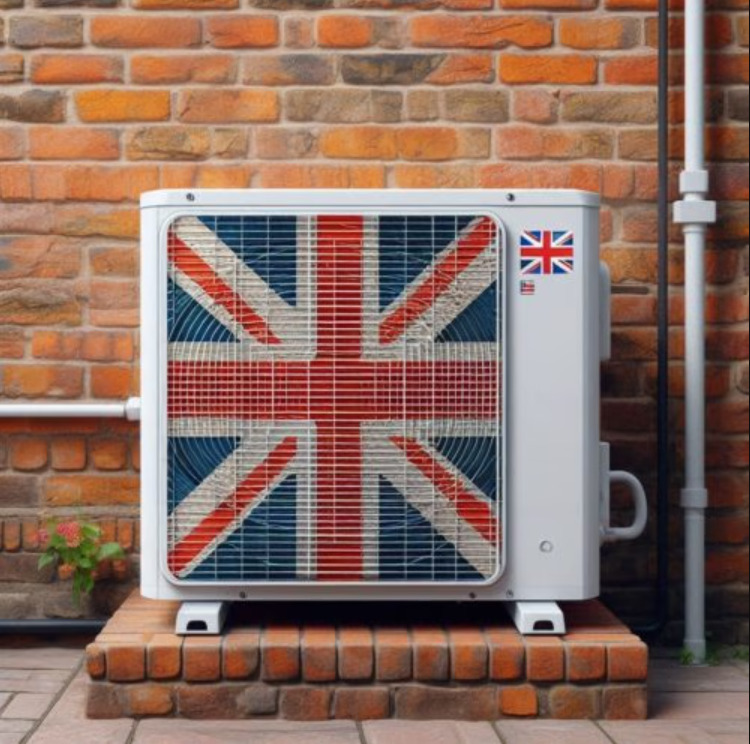Analysis from the Energy and Climate Intelligence Unit (ECIU) has revealed that households with heat pumps use significantly less imported energy than those without.
The energy and climate thinktank has shown that, as of today, homes with heat pumps use only half as much imported primary energy as those with gas boilers, owing to the efficiency boost heat pumps provide. For the average home with an Energy Performance Certificate (EPC) rating of C, this would see imported energy use hit 5.7MWh per year for homes with a gas boiler, and around 2.9MWh for homes with a heat pump installed.
If the rollout of renewable energy continues to gather pace, the difference in imported energy use between homes with heat pumps and those with gas boilers will continue to widen. Under the current trajectory of renewable energy deployment, a heat pump in 2030 will require only 1.7MWh of imported energy per year to operate, 40% less than today, and if the more optimistic pathway laid out in the Future Energy Scenarios (FES) is achieved, 1.3MWh per year of imported energy would be required, around 55% less than the current rate.
Currently, gas boilers rely on imports for 60% of their energy usage, a number set to rise as high as 80% by 2030 as North Sea gas output declines. This means that by 2030, a heat pump could be using less than a quarter (23%) as much imported primary energy as a gas boiler under current trajectories and as little as a sixth (17%) as much energy if more ambitious pathways are achieved.
Commenting on the analysis, Jess Ralston, energy analyst at ECIU said: “If you want to be heating your home on homegrown, British energy then a heat pump is the way to go. This ‘energy patriotism’ for heating is helping the UK as a whole to wean itself off foreign energy imports, boosting the UK’s energy security as British renewables ramp up rapidly.”
Ralston criticised decisions of the previous government that have slowed the UK’s pace in ramping up heat pump installations, including the choice to delay the Clean Heat Market Mechanism (CHMM) by a year, stating “The CHMM was delayed a year by the last government, no doubt impacting the heat pump supply chains that were gearing up to deliver more of this patriotic solution into people’s homes. We know that continuing to rely on gas boilers just means we’ll see our imports rise, so any boiler manufacturers that stand in the way of progress on heat pumps are lobbying for higher foreign gas imports and less energy security.”
Since taking office in July of this year, the new Labour government has announced that a reformed CHMM will be introduced in April 2025 to ensure that heat pump manufacturers have the time and support needed to scale up their supply chains to supply the ever-growing demand for heat pumps.
Additionally, the Department for Energy Security and Net Zero (DESNZ) has announced that they will increase the funding for the Boiler Upgrade Scheme (BUS) by £30 million this financial year and will almost double the budget to £295 million next financial year. The £7,500 funding package for prospective heat pump installers has proved immensely popular; the latest DESNZ data reveals that September 2024 was the second-highest month for BUS applications since the scheme began, with 3,223 applications received in September.






